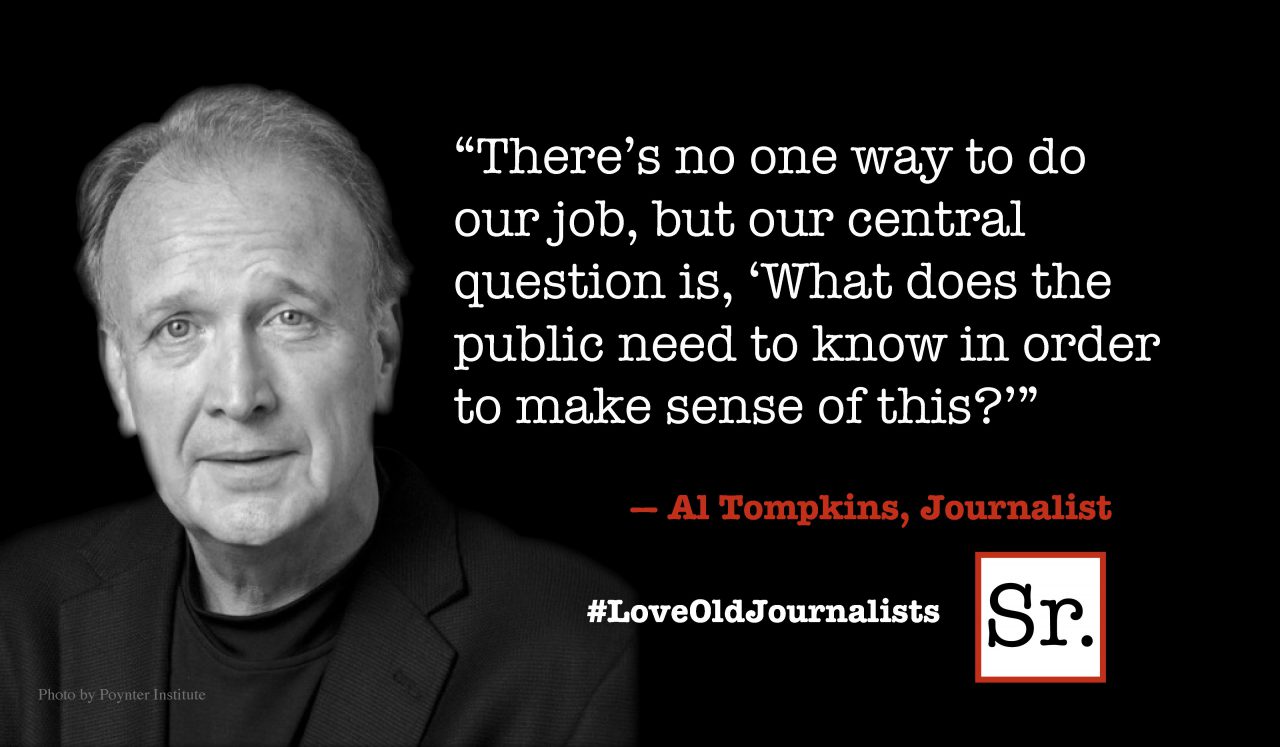If you were just 17 when the Beatles invaded the U.S. a half century ago, or you came along a few decades later, it matters not. Your world has been impacted by their music.
Just as we vividly recall where we were and how we felt, when we learned of the JFK shooting, we boomers remember the Beatles' first appearance on the Ed Sullivan Show on February 9, 1964.
Our country was still in shock, mourning the unthinkable assassination of our young President, just a few short months earlier. The Civil Rights Movement was gathering momentum. We lived under the persisting threat of a nuclear war, ever alert and ready to head for the nearest fallout shelter.
There was the escalating "conflict" in Southeast Asia; so many boys being drafted; college students protesting, sometimes violently; folk musicians singing out pleading for us to give peace a chance; women insisting on equal rights; a growing sense of bureaucratic distrust, unrest and daring revolution. Who knew if we would even make it to adulthood? Yes, those were the days. America was in a bad mood.
Although the Lads from Liverpool had scored 3 Number One singles on the U.K. charts, Capitol Records repeatedly refused to put out any of their records. "Not suitable for the U.S. market," according to Capitol execs. Two independent labels in the U.S. had released a few Beatles singles but disc jockeys ignored them. The idea of having a hit record in America seemed very much out of sight for the Beatles. (Hmmmmm. I sense an impending paradigm shift.)
In late 1963, the cosmic forces aligned. The Beatles released "I Want to Hold Your Hand" and Capitol Records could no longer resist. The single soared straight to Number One in America, and caught the attention of TV host Ed Sullivan, Disc Jockey Carroll James and other show biz giants. And, the Beatles packed their bags.
Referred to as the British Invasion, American youth went from never hearing of the Beatles to becoming fanatical fans, instantly and forever. A new word had to be coined by the media to describe the phenomenon — Beatlemania.
Card carrying AARP members today, these same fans remain forever loyal and forever young, frequently enjoying Beatles tunes, along with their children and grand-children. I remember sharing Beatles music with my nieces and nephews a few years ago, and I was shocked at how they took to it. Their questions about what was happening in our country then and about specific songs renewed my interest in the mysterious lyrics and melodies. I wanted to learn more about the stories behind the songs.
Celebrating the 50th Anniversary of the Beatles' arrival on the American scene has given us an opportunity to pause and reflect. Listening to their melodies once again, some very calming, some fun and whimsical, and some down-right radical, even for our times today, evoke many emotions and memories.
Four young men from a tough neighborhood in Liverpool came together to make music. Their controversial music gave voice to the hopes, dreams and fears of the times. Influenced by American rock and country greats, the Beatles inspired generations of musicians to come.
And yet, the Beatles did come undone. They came to an untimely end. They imploded. They were, after all, just ordinary blokes. No different from us, really. But they showed us what an extraordinary difference we ordinary people can make when we become inspired by our work and our vision.









